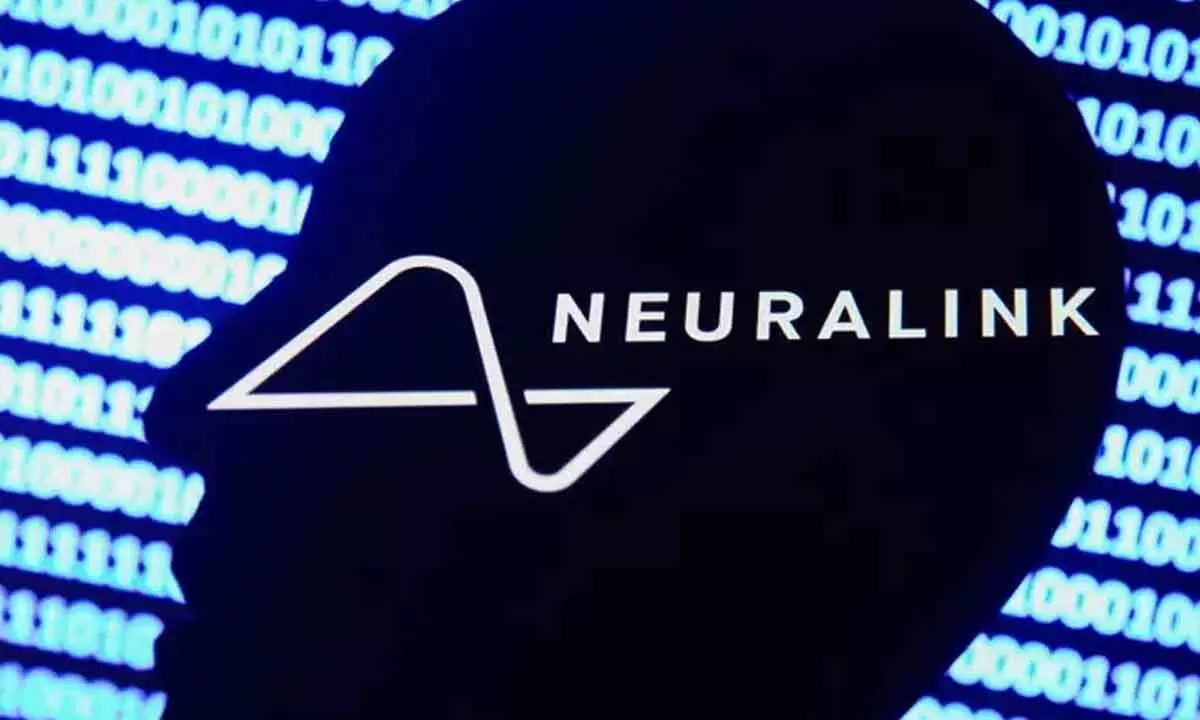Elon Musk's Neuralink under scanner after 1,500 animal deaths

Elon Musk's brain implant company Neuralink is facing a US federal investigation after more than 1,500 animals died in tests since 2018.
Elon Musk's Neuralink is facing a federal investigation for a possible violation of animal welfare policies amid complaints that animal tests are rushing to achieve results after missing multiple deadlines.
This comes days after Elon Musk said he is comfortable implanting a Neuralink brain chip into himself. Neuralink Corp is developing a brain implant that it hopes will help paralyzed people walk again and cure other neurological ailments.
The research also comes amid growing dissent among Neuralink employees who say Elon Musk's pressure to speed up development has resulted in failed experiments causing more animal deaths and suffering, Reuters reported.
However, it is not clear if the full scope of the investigation covers the same alleged problems with animal testing identified by Neuralink employees.
In all, the company has killed about 1,500 animals, including more than 280 sheep, pigs, rats, mice and monkeys, following experiments since 2018, according to records reviewed by Reuters. Sources characterized that figure as a rough estimate because the company does not keep accurate records on the number of animals tested and euthanized.
The total number of animal deaths does not necessarily indicate that Neuralink is violating standards or standard research practices. Many companies routinely use animals in experiments to improve human health care, and face financial pressure to bring products to market quickly. Animals are generally euthanized when experiments are complete, often so that they can be examined post-mortem for research purposes.
But in this case, several Neuralink employees have pointed out that the number of animal deaths is higher than it should be for reasons related to Elon Musk's demands to "speed up the investigation."











